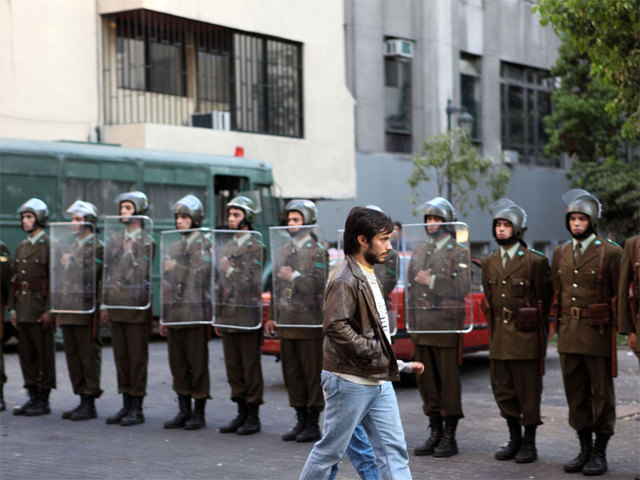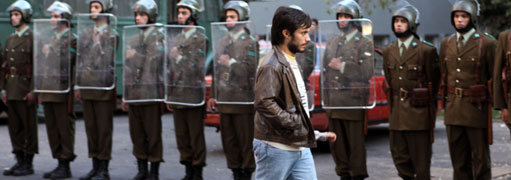Film Review: Chilean Political Drama No Sells Audiences On The Idea Of Revolution
South Of The Border Political Drama Sells Audiences On The Idea Of Revolution


Gael García Bernal

The Latin American Jon Hamm


